Dr. Bickmore's YA Wednesday Monday Motivator #2
Celebrating Latin American and Hispanic Heritage Month with a Critical Lens
By Alex Torres
During this heritage month, I often find myself flinching. Flinching at the way the month is celebrated with little to no nuance on Latin American heritage and the performative allyship that will dwindle come October 16. I find myself flinching because Latinx/Hispanic culture gets conflated with Mexican culture. One small example is finding decorations and even images for flyers that are inclusive of all the Latin American countries that are not Mexican-centric is hard.
Nuanced and diverse representation matters. And yes, we should all help celebrate this month, but we should celebrate with critical consideration.
First, please celebrate this month with nuance.
This month recognizes all those who have Latin American roots. If you only associate this month with tacos, margaritas, sugar skulls, tokenizing the Brown folk in your school/workplace, and lumping everyone as "Mexican," you are missing out on the diversity of the 33+ countries and territories that make up this population. Honor the diversity and educate yourself more about the individual countries.
Here are some recommendations on documentaries, podcasts, and books:
Latino Americans, PBS
Paper Children (Niño de papel), YouTube
The Graduates/Los Graduados, PBS
Harvest of Empire: The Untold Story of Latinos in America, Onyx Films
Dolores, PBS
Underwater Dreams, 50 Eggs
PODCASTS
Latinos Who Lunch
Latinx Therapy
Scattered, NPR
Latina to Latina
Latino USA, NPR
Con Todo
BOOKS
Finding Latinx by Paola Ramos.
Undocumented by Dan-el Padilla Peralta.
The African American and Latinx History of America by Paul Ortiz.
Salsa, Soul, and Spirit: Leadership for a Multicultural Age by Juana Bordas
Because we are so diverse and have a complicated history of colonization, there's no one word that really encompasses us as a group. Some people prefer the term Hispanic, others Latinx, Latino/a and even Latine. Here are some short readings on these terms. https://www.highlightsfoundation.org/19965/hispanic-or-latinx-how-evolving-language-impacts-kids/?fbclid=IwAR1S-Cz4ckQ2EZAHZ8RML_LFkb13Hi6JdjFrVLac_0IWBQdESZbrvBfhadU
And
https://www.chicagoreporter.com/whats-liberating-not-limiting-about-using-the-term-latinx/ Don't assume what people identify as. Always ask what they prefer.
Educate yourself on the systemic struggles and see where you may be able to help. Latinas/Hispanic women have the lowest wages. The Latinx population has the least amount of college degrees. Latinx immigrants provide the country with farming, construction, housekeeping, and other essential labor and many of those workers don't have access to healthcare, driving licenses, or stable housing. And don't get me started on language access. Let us also not forget the many brown kids who are still in cages.
So how can you help?
1. Volunteer or donate to your local organizations who serve Latinx populations.
2.Find out if your city has a 287(g) and find ways you could help end them to help reduce racial profiling in your area.
3.Visit Unitedwedream.org for more info on how to help undocumented youth.
4.Support Latinx-owned businesses.
5. Ask your school board members what they are doing to increase language access and help Hispanic/Latinx student feel included.
6. Ask congress to stop using tax money for detention centers
This list is not exhaustive. But it's a start.
And of course, keep reading the diverse Latinx YA stories that can serve as windows or mirrors. Here’s a few YA Latinx Books I can’t wait to read.
Dark and Deepest Red by Anna-Marie McLemore
Cemetery Boys by Aiden Thomas
Woven in Moonlight by Isabel Ibañez
Each of Us a Desert by Mark Oshiro
Sanctuary by Paola Mendoza and Abby Sher
| Dr. Alex Torres is the Assistant Director for Latinx Affairs at Louisiana State University where she provides resources, advocacy, and leadership development to amplify opportunities for Latinx students. Alex has over ten years of experience working with underserved students and with implementing culturally sustaining and healing-centered educational approaches. Her dissertation “Documenting Desire: Addressing the Educational Needs of Undocumented English Learners” won the James Olney Distinguished Dissertation Award. She has engaged in community advocacy for immigrant youth in the Baton Rouge area since 2015. You can email her at [email protected] or follow her on IG @dr.alex_torres |
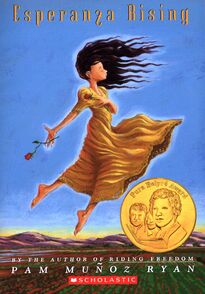

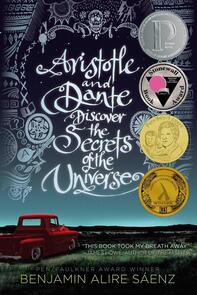
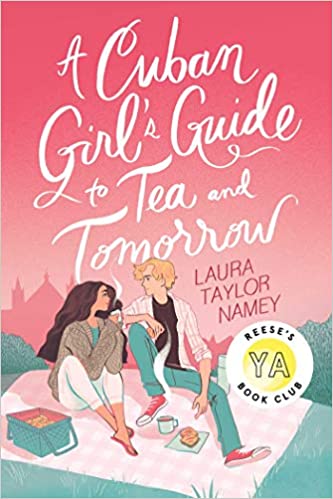
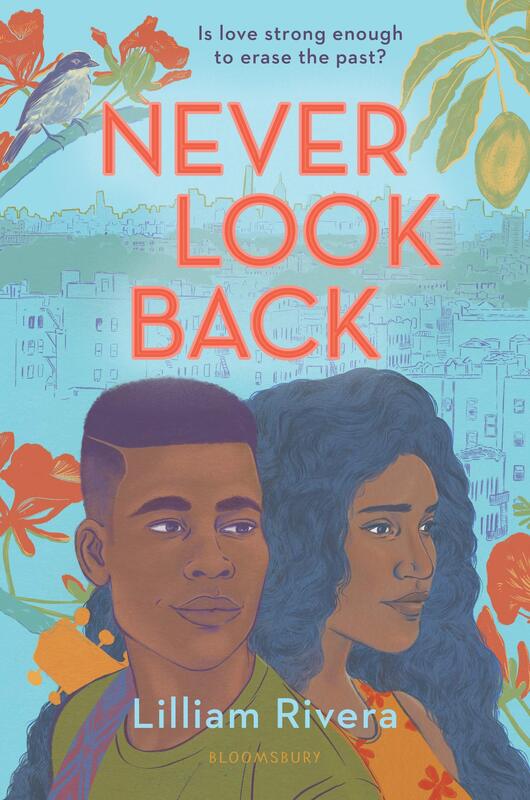

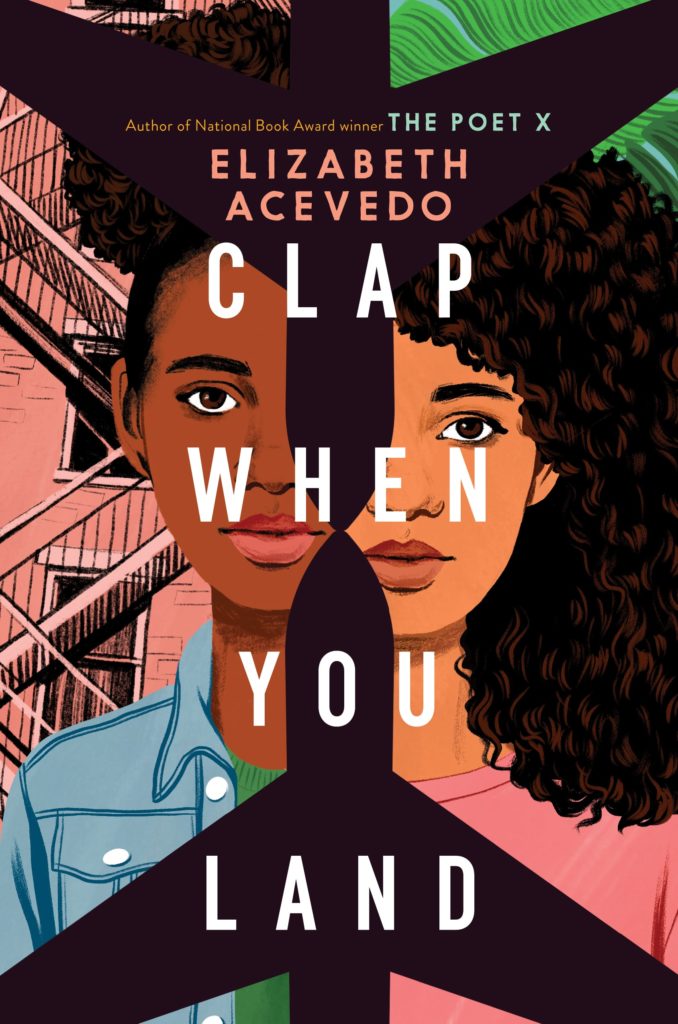
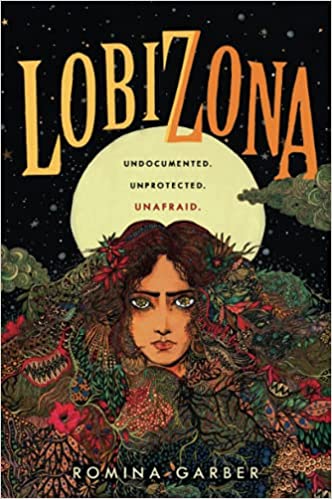
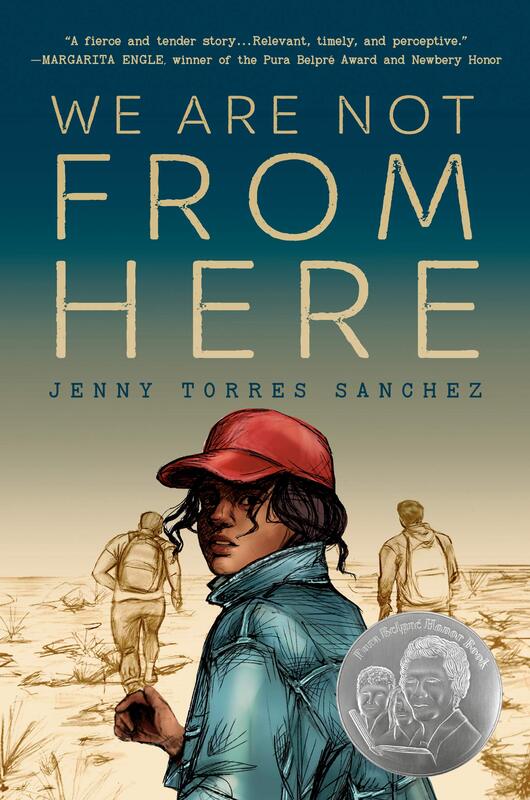
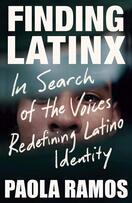
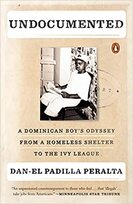
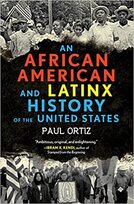
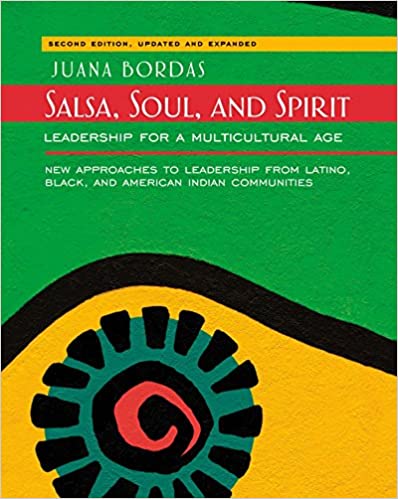
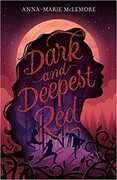


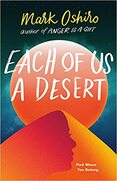

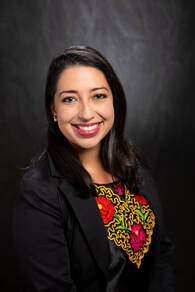

 RSS Feed
RSS Feed